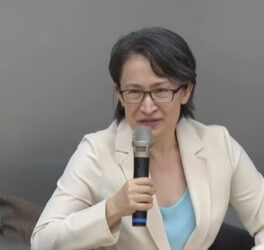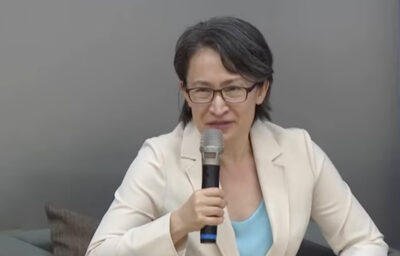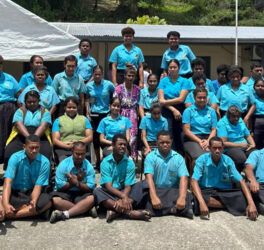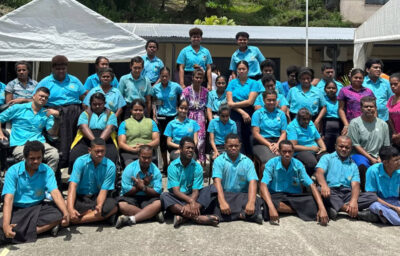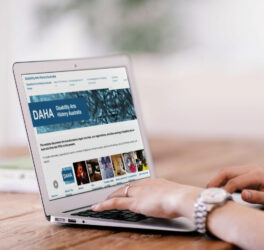
As air travel returns, Auckland Airport and Air New Zealand are introducing the Sunflower Hidden Disabilities programme to make it easier for every traveller to take flight.
The Hidden Disabilities Sunflower lanyard, with its cheerful sunflower emblem, is a discrete way people can indicate a non-visible disability and the need for some support or simply a bit more time when moving through the airport.
Anna Cassels-Brown, General Manager Operations at Auckland Airport, said as the possibility of travel opens again it’s important everyone can safely and comfortably reconnect with friends and whānau, business colleagues, or simply head off on an exciting adventure.
“We love travel, but we know airports can be complex and stressful at times. The pandemic has added to this, with the introduction of additional health and border processes. Even a couple of years of limited travel opportunities has made us all a little rusty when it comes to flying.
“For many people there is an aid or device that gives us a visual clue that they are a disabled person – a wheelchair, a guide dog, a white cane, or a hearing aid for example – but up to three quarters of disabled people are not so easily identified.
“By introducing the Hidden Disabilities Sunflower at Auckland Airport, we can support people with non-visible disabilities whose particular requirements aren’t immediately obvious – including for example people with autism, dementia, anxiety, or conditions that cause chronic pain.”
All staff working in public-facing roles in Auckland Airport’s domestic and international terminals are trained to recognise the sunflower symbol and understand the assistance a traveller wearing one might need. Auckland Airport is also working with border agencies, airline staff, retailers, and other organisations that interact with travellers and guests in the terminal. First introduced at Gatwick Airport in 2016, the Hidden Disabilities Sunflower is recognised globally at more than 140 airports including Wellington Airport and Queenstown Airport.
Air New Zealand Chief People Officer Nikki Dines said working alongside Auckland Airport to support the recognition of the Hidden Disabilities Sunflower Lanyard will ensure customers who need more support will have a more seamless and less stressful travel experience.
“The Hidden Disabilities Sunflower Lanyard is such a great way to help our people and customers connect to ensure a great journey and signal some customers may need extra assistance. As the world opens back up, we want all customers to feel supported to travel.”
Ms Cassels-Brown says, “Wearing the Hidden Disabilities Sunflower is completely optional, so it’s up to travellers to decide if, when and how they want a bit of support. Some people may experience symptoms, for example chronic pain, differently from day to day. The lanyard is a tool to signal for additional time or assistance if it’s needed on the day of travel.”
Ms Cassels-Brown said the benefits of introducing the Hidden Disability Sunflower are two-way.
“Our staff are really excited to be introducing a programme that not only brings a positive change for travellers but has broadened their understanding of hidden disabilities. And with around 1 in 5 New Zealanders having some form of disability it’s likely they will also have someone in their whānau or circle of friends who could be interested in using the lanyards.”

